Mentoring is an effective tool for leadership development and popular with the companies we work with in Qatar. And rightly so, who would turn down the opportunity of being mentored by someone with experience, knowledge and wisdom?
However, from our experience delivering training in mentoring, there are some common problems participants on our courses describe at the outset:
- The mentor finds a lack of respect from the mentee
- The mentee does not turn up to the scheduled sessions
- The mentor is poorly equipped with mentoring skills
- The administration for mentoring sessions is done poorly
Here are our top four tips to get mentoring working and overcoming common issues:
1. Understand the goals of mentoring
Good mentoring can provide some or all of the following:
- Transfer of skills and knowledge
- Expand professional networks
- Contribute to the development of the given profession
- Increase awareness of current theories and ideas
- Improve management, leadership and communication skills
- Reflection on current projects and office practice
- Provide accountability
Why is the mentoring taking place? It is essential that the mentor and mentee identify and agree clear goals for their mentoring relationship.
2. Get the admin right
A good relationship between mentee and mentor is essential but it does not just happen by putting them both in the same room. We have found good foundations are laid by doing the following:
- Ensure the professional development goals of the mentee match the areas of expertise of the mentor
- Create a written and agreed schedule for meetings. Mentoring is expensive in terms of time, especially for the mentor who, by definition, will be doing a significant role. Getting a fixed schedule of agreed meetings will help set expectations
- Fix an end time to the mentoring sessions. Agree to six sessions or so and then review. This gives the mentor and mentee clear expectations as to the timescale of the meetings.
- Sign an agreement that sets out clear expectations for each party.This may sound a little heavy but it does add gravity to the arrangement and helps both parties to give the arrangement importance
- Meet in a location that is conducive to the meeting. Sitting in the corner of the mentor’s office, with regular interruptions does not necessarily create a sense of “focus” for the meetings
3. Build respect
Mentoring is built on the idea that the mentor has something to give to the mentee in terms of knowledge and experience. This implies the mentee is ready to accept this. It is not always the case. Our experience is that the mentee often fails to recognised the mentor’s experience and wisdom.
In this case it is important to find routes to give information of the mentor’s experience. A mentee will not know what the mentor has done in the past unless informed. Respect is built partly, on a full appreciation of what the mentor has done in the past. This will need to be communicated.
4. Deliver mentoring sessions with skill
There are simple skills to delivering a good mentoring session that can be learned and practised. These focus on how to ask open questions, how to listen well and understand the mentee’s perspective and context and how to help the mentee to identify actions that will accelerate professional development. These skills can be gathered from a book on the subject or developed and practised through a course.
The above four actions will lead to quality, enjoyable and successful mentoring sessions where the mentor is able to see the mentee develop, grow and thrive, which is a highly enjoyable experience for both.
If you’re looking to develop mentoring skills for yourself or other employees have a look at our ILM Endorsed Mentoring skills course or get in touch for more information.





